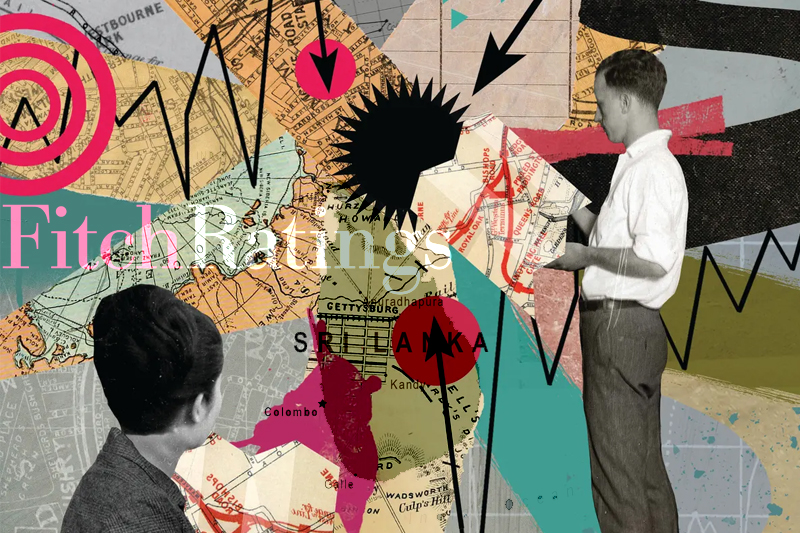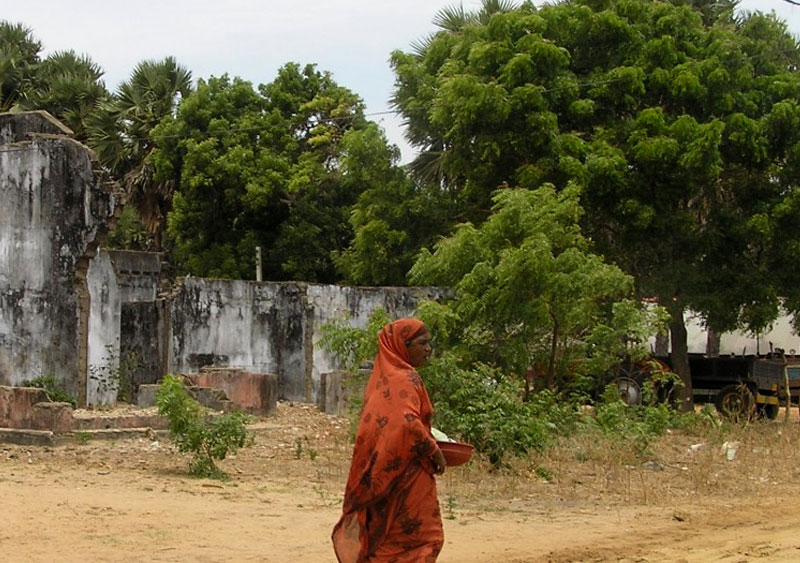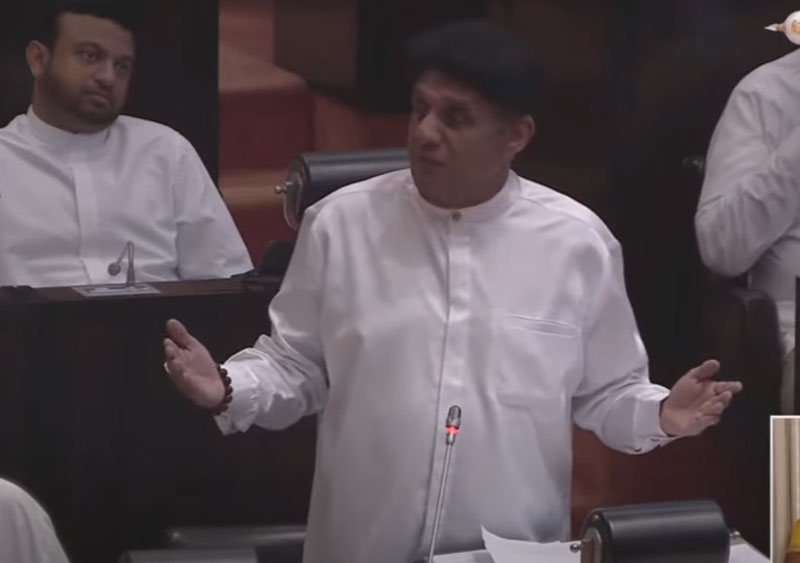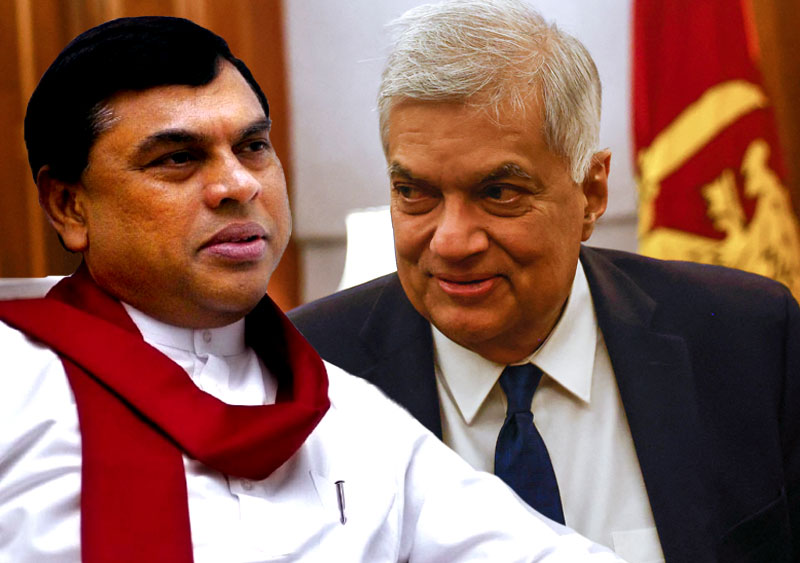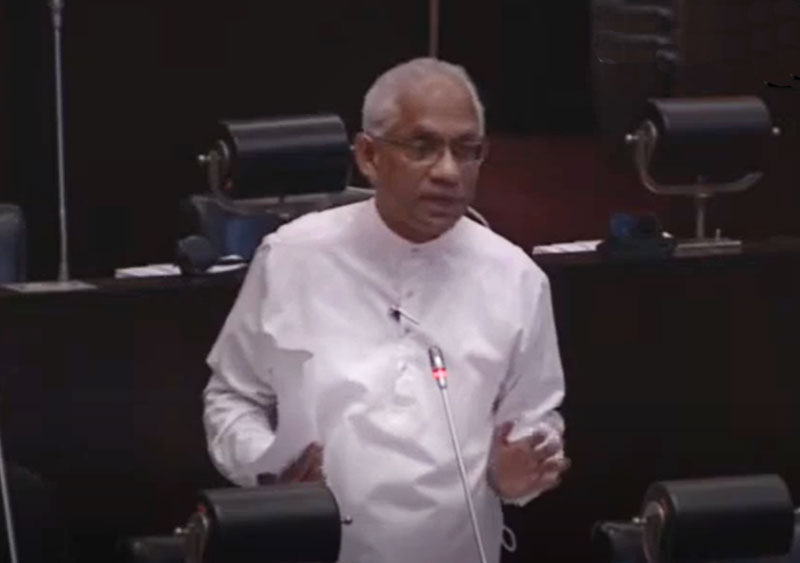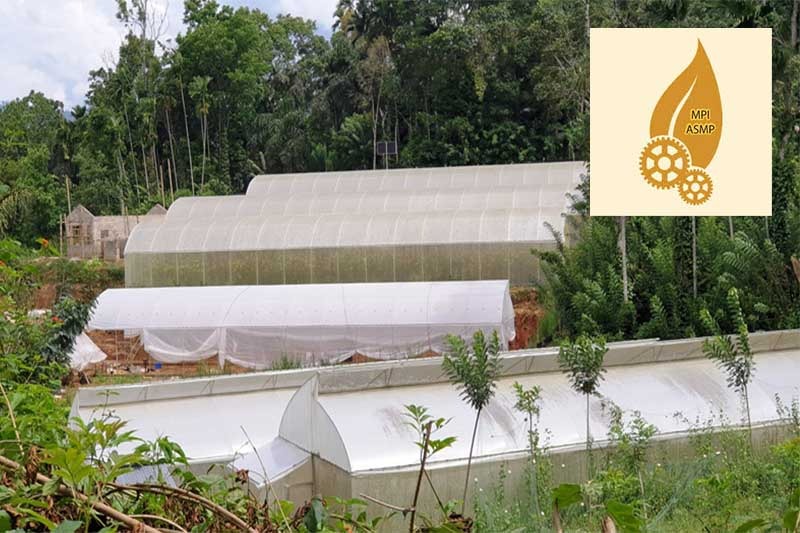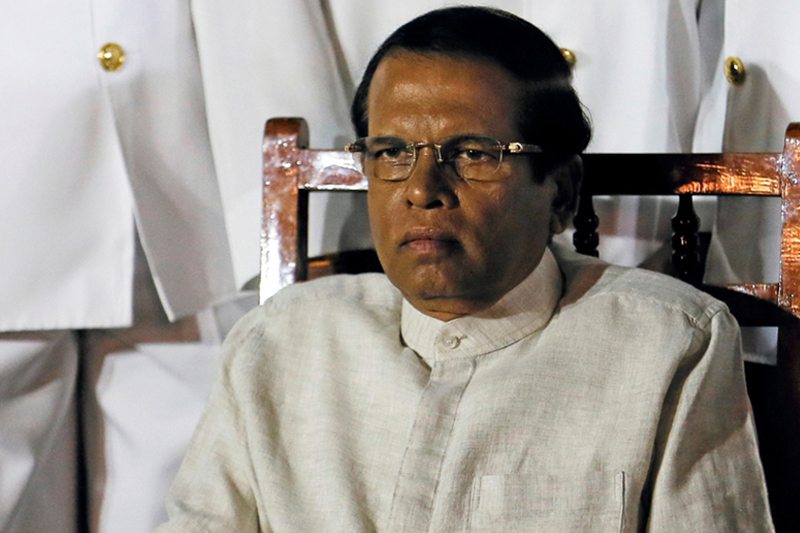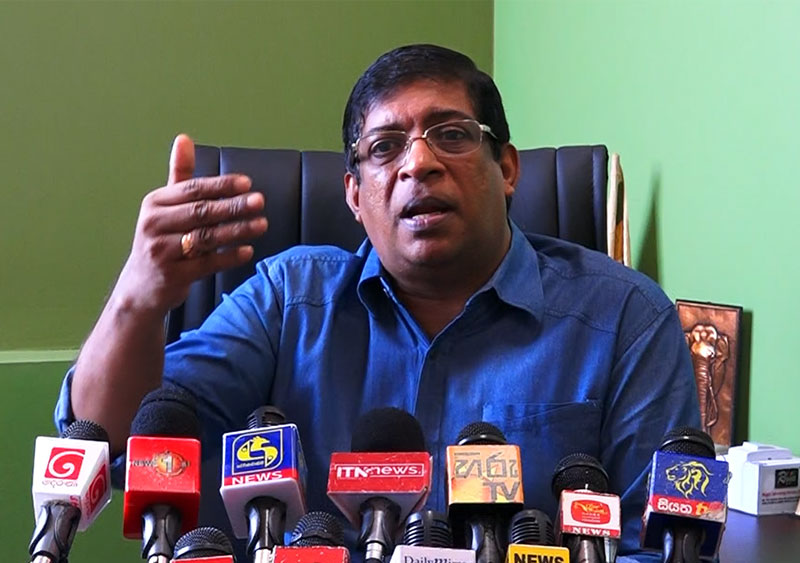Nowadays, the entire country is busy speaking about the Fitch Solutions 2023 report. I am writing this after trying in vain for four days to buy or locate this report. I haven’t read it. Have you?
In the first week of November 2022, I met a research team from an internationally-recognized institution.
They said Sri Lanka would experience a famine by March 2023 and the country will top malnutrition globally due to inflation. I could not believe a famine in the beginning of spring in a country where I have been doing farming all my life as my livelihood.
Four months later came March, the month in which Sri Lanka records the highest food harvest. Can there be a famine when a farmer cannot sell paddy at Rs. 90 a kilo, or vegetable at Rs. 40 a kilo?

The Sri Lanka Country Risk Report has been released by Fitch Solutions, the research arm of Fitch Ratings. Most who write news on that report haven’t gone through it properly (costing 1,555 US dollars, I too, cannot afford to buy it for reading).
Here is the most interesting thing. The Fitch 2023 report amended the projected contraction of the economy of 9.8 per cent to 9.2 pc from its 2022 report. But, the prediction of the rupee’s depreciation to 390 per USD has become true. The economy’s contraction is less. But the rupee’s depreciation happened.
The basis for that news is a Fitch Ratings email comment received in response by Bloomberg.
The Fitch 2023 report is based on statistics prior to the strengthening of the rupee. Without having 1,555 USD to buy the report, we quote the Bloomberg article from where we like most, exaggerate or distort to write news and quote what is to our liking for social media posts.
Friends, this is very interesting.
The entire country is divided into two camps and argues if the rupee has strengthened or not. However, except for a few, most do not analyze how either could be possible. Not even the statistics for this week are given. This is interesting.

People with a basic understanding of economics are gladdened by the economic growth last week. According to my political reading, the SJB’s blueprint for the economy is on par with the government’s economic policy now in force (if that is not the case, I suggest you point out at least three dissimilarities).
Getting the government and the state mixed up, they take the state to task to vent their anger with the government. Friends, should one mix up the government and the state to vent anger with the government?
Sri Lanka has the only state sector that strikes against a tax that it does not pay. The government has been able to reach, together with the IMF, financial agreements with the World Bank, India, China, Paris Club (and Japan). On six different occasions since 1965, pacts with the IMF collapsed and the economy left endangered over internal disputes.
Do we need the country to be in danger again? Or else, it to revive? We should decide ourselves.

Rajith Keerthi Tennakoon
(Presidential director general – community affairs)

